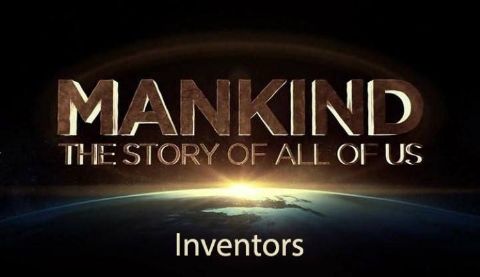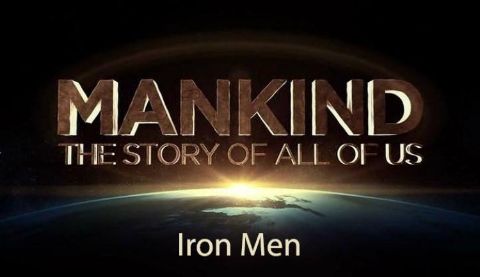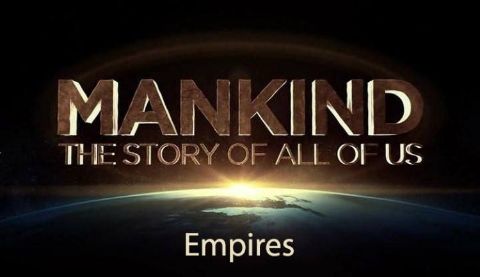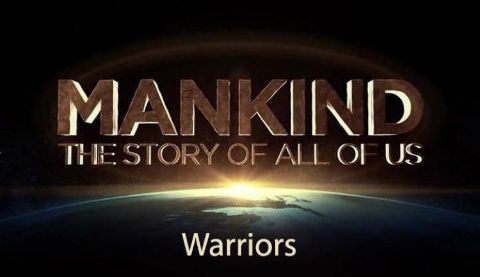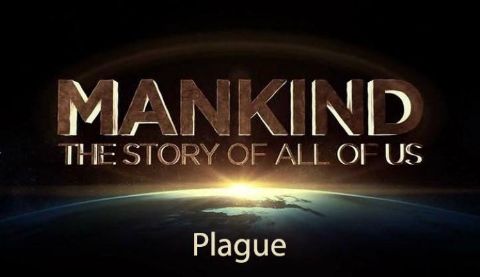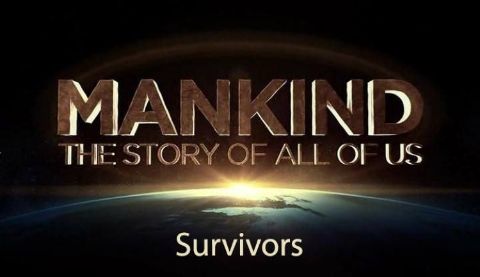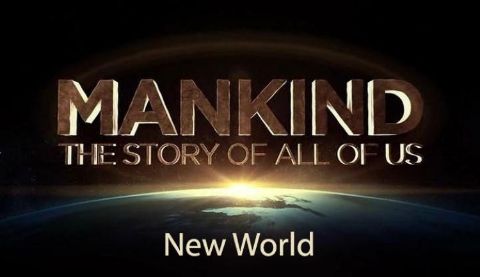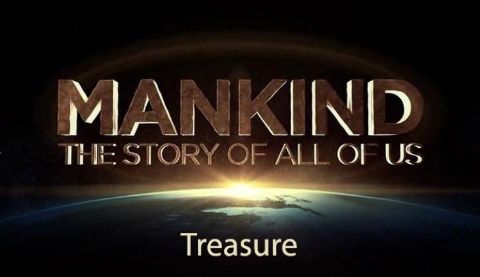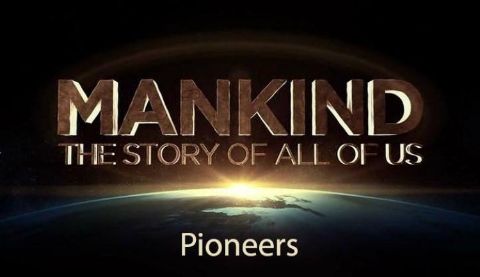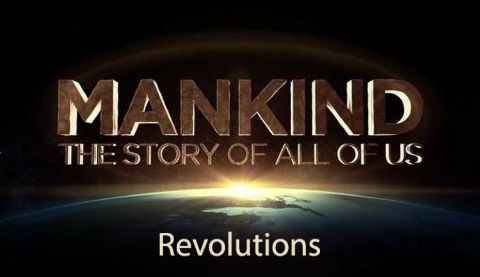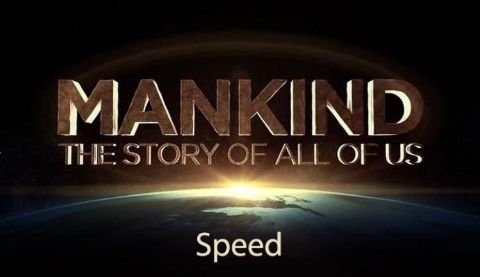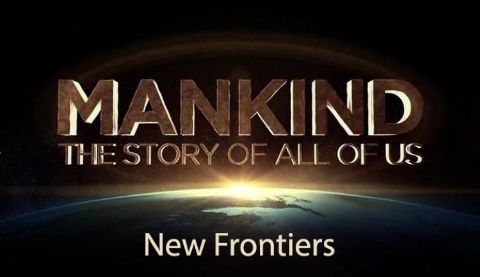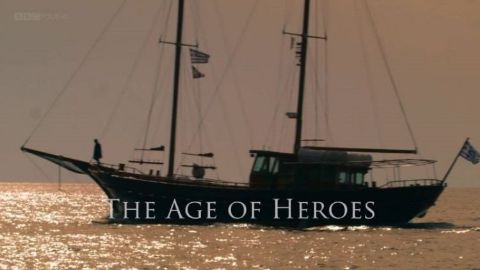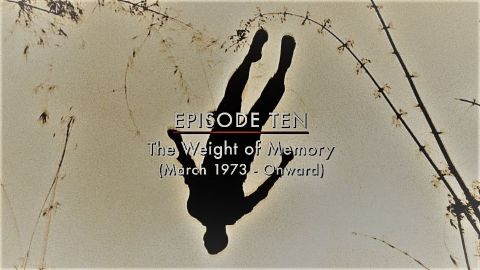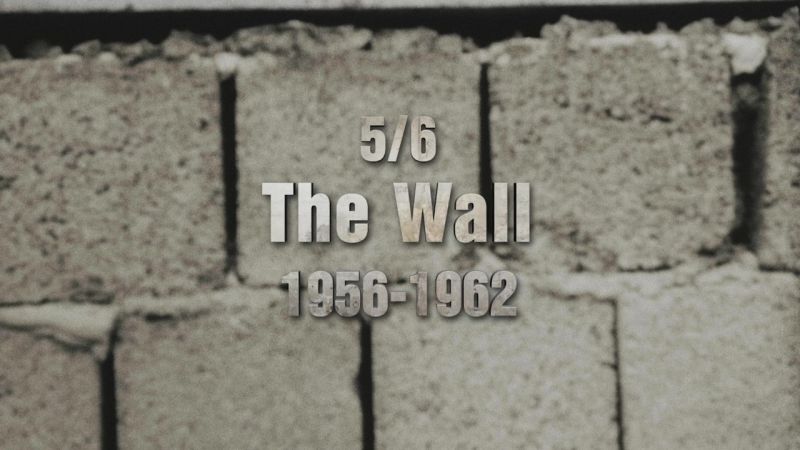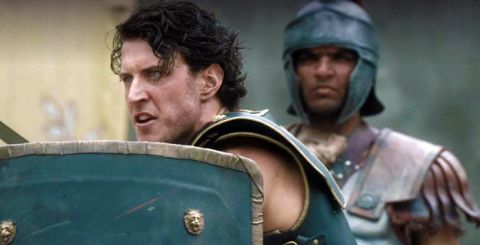New World • 2012 • episode "7/12" • Mankind: The Story of All of Us
The Aztecs have built a mighty empire that dominates Central America. But it will be destroyed because of a domino effect. 7,000 miles away in modern-day Turkey, the great trading centre of Constantinople is overrun by an Islamic army. Europeans race to find a new route to the spice-rich East. Instead, Christopher Columbus lands in America – and discovers gold. Within 30 years the Aztecs will be conquered.
Make a donation
Buy a brother a hot coffee? Or a cold beer?
Hope you're finding these documentaries fascinating and eye-opening. It's just me, working hard behind the scenes to bring you this enriching content.
Running and maintaining a website like this takes time and resources. That's why I'm reaching out to you. If you appreciate what I do and would like to support my efforts, would you consider "buying me a coffee"?
Donation addresses
BTC: bc1q8ldskxh4x9qnddhcrgcun8rtvddeldm2a07r2v
ETH: 0x5CCAAA1afc5c5D814129d99277dDb5A979672116
With your donation through , you can show your appreciation and help me keep this project going. Every contribution, no matter how small, makes a significant impact. It goes directly towards covering server costs.
